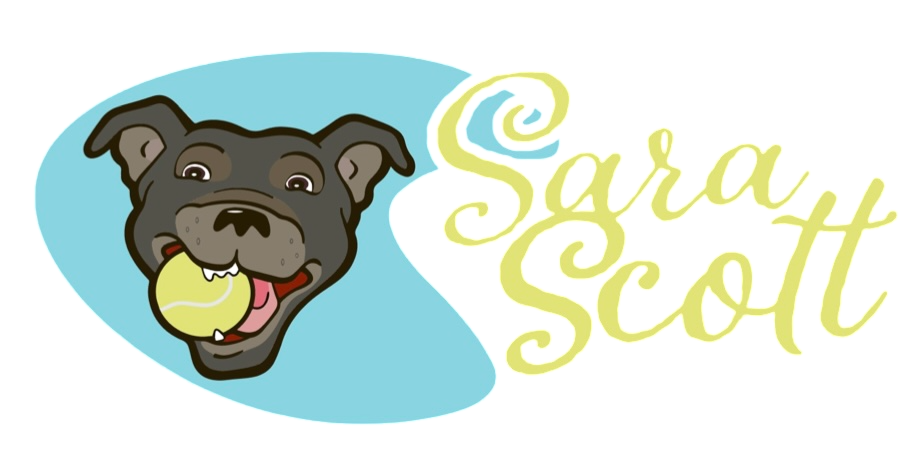Embracing the Complexity of Canine Behavior: Beyond Basic Training Techniques
- Sara Scott

- May 6, 2024
- 3 min read
In the intricate dance of dog training, where does the line between science and art blur? As part of my dog behavior blog, I often explore how training transcends mere methodology, venturing into the realm where creativity meets precision. My recent article in Bay Woof, “Where Art and Science Meet: Creativity and Nuance in Dog Training,” delves into this fascinating intersection, and today, I want to discuss why embracing this complexity not only enhances training outcomes but also deepens our relationship with our dogs.
Dog training is underpinned by scientific principles that guide us in understanding canine behavior. Methods like desensitization and counterconditioning are rooted in robust scientific research and have proven effective in addressing challenges such as leash reactivity. However, the real magic happens in the nuanced application of these techniques. Each dog is a unique individual with distinct emotional landscapes, preferences, and past experiences, demanding a customized approach rather than a one-size-fits-all solution.

Why is it crucial to tailor our training techniques? Because every dog’s reaction to stimuli varies widely. While one may respond well to visual cues, another might be more receptive to auditory or olfactory signals. Recognizing these differences allows trainers to craft strategies that resonate on a personal level with each dog, making training sessions more effective and enjoyable for both the dog and the trainer.
Consider the dog who reacts with fear to the sight of another dog on a leash. Standard counterconditioning might suggest presenting a treat to change the emotional response from fear to anticipation. But what if this particular dog is also sensitive to sounds or has had negative experiences that make visual stimuli less effective? In such cases, I might start with scent desensitization or use sound as an initial focus, gradually building a foundation of positive associations.
This individualized approach does more than adjust behavior; it builds a deeper understanding between dogs and their trainers or owners. It fosters a connection based on empathy, respect, and mutual trust—qualities that define not just good training practices but also meaningful relationships.
Moreover, this approach encourages continuous learning and adaptation among trainers. It challenges us to stay informed about the latest scientific developments while also honing our intuition and creative problem-solving skills. The art of dog training, therefore, is not just about applying science but about becoming fluent in the language of dogs, allowing us to communicate effectively and respond to their needs with sensitivity and insight.
As we advance in our training journeys, it becomes apparent that effective communication is not just about teaching dogs but also about listening to them. Each session provides insights into their minds, offering clues that, when understood and respected, lead to breakthroughs not just in training but in how we coexist with our pets.
I invite you to read more about this blend of art and science in dog training in my full article featured in Bay Woof. There, I delve deeper into specific techniques and real-world applications that illustrate how scientifically grounded methods, when applied with creativity and empathy, can transform our approach to dog training.
By embracing both the science and the art of dog training, we open up a world of possibilities that enriches our interactions with dogs, ensuring they lead happy, well-adjusted lives. Let’s continue to learn, adapt, and teach with both our minds and our hearts fully engaged.
Ready to transform your approach to dog training? I believe that effective training blends science with art, tailored to meet the unique needs of each canine companion. Whether you’re struggling with leash reactivity, need help with basic manners, or want to explore advanced training techniques, my personalized services are designed to foster understanding, respect, and a lasting connection between you and your dog.
Discover the difference a customized training plan can make. My approach is rooted in the latest scientific research, enriched with creative solutions that adapt to your dog’s individual personality and circumstances. Let me help you and your dog achieve remarkable results together. Click here to learn more about my services and schedule your consultation today!




Comments